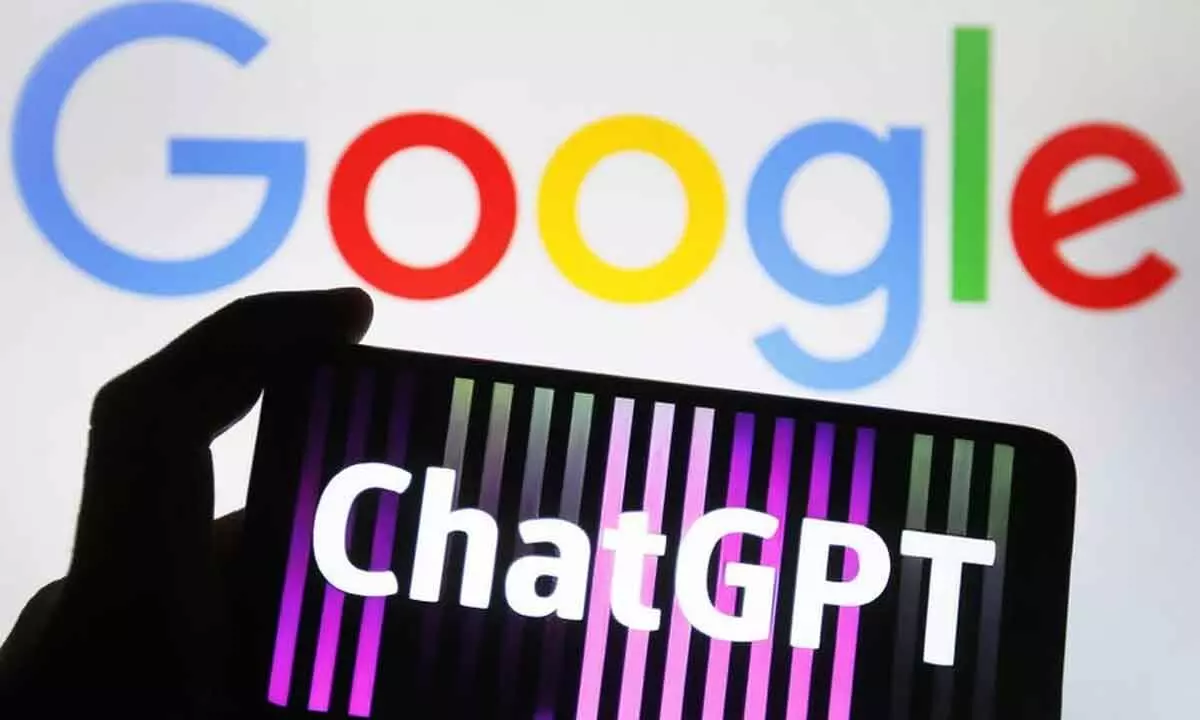Google presents Bard- ChatGPT rival; Its accessability, function and more

Google presents Bard, ChatGPT rival: How it works, where to access it and more. Google says Bard relies on information from the web to provide fresh, high-quality answers; Google chatbot works with LaMDA.
Accessibility
Google has introduced Bard, its rival ChatGPT that takes advantage of LaMDA (Language Model for Dialog Applications), Google's own language model. The announcement came to light days after CEO Sundar Pichai shared its development during an earnings call. Before the call, Google management called ChatGPT "code red" as the AI-powered platform got positive responses from users worldwide. In a blog post, Google says it's opening up Bard to "trusted testers" before it becomes more widely available to the public in the coming days. ChatGPT, on the other hand, is known to try for free. It recently registered 100 million users in just two months.
What isChatGPT's rival,Google Bard, and how it works?
Google Bard is also an AI-powered chatbot that can deliver answers to many queries conversationally, similar to ChatGPT. Google says Bard relies on information from the web to provide fresh, high-quality answers. At its core, the Google chatbot is powered by LaMDA, Google's language model based on Transformer, a neural network architecture. Interestingly, ChatGPT is based on the GPT-3 language model, which is also based on Transformer. Google Research invented an open-source transformer in 2017.
How can we accessChatGPT's rival, Google Bard?
Google Bard is currently unavailable for public testing, but certain users have access. Google is releasing a "light model version of LaMDA," which needs significantly less computing power. This allows Google to receive more feedback. The post says: "We'll combine external feedback with our own internal testing to make sure Bard's responses meet a high bar for quality, safety and groundedness in real-world information." Feedback on the Google Bard, powered by LaMDA, is also crucial for the company. The software giant introduced LaMDA in 2021. However, an ex-employee alleged that its language model offered racist and sexist responses. The employee also alleged that LaMDA is "aware."
Google has been working on this language model for a while, but the company halted its public release after allegations by its employee. Google CEO Pichai hinted during the last earnings call that the world is all prepared for generative AI following the positive reception towards ChatGPT. He further added, "I feel comfortable with all the investments we have made in making sure we can develop AI responsibly, and we'll be careful." In addition to Bard, Google is improving its search with AI capabilities. The post notes: "Soon, you'll see AI-powered features in Search that distill complex information and multiple perspectives into easy-to-digest formats, so you can quickly understand the big picture and learn more from the web: whether that's seeking out additional perspectives, like blogs from people who play both piano and guitar, or going deeper on a related topic, like steps to get started as a beginner."
On the other hand, ChatGPT also gives wrong answers. OpenAI, its developer, claims that the chatbot will improve as new updates are constantly rolled out. In addition, a report recently claimed that Google's LaMDA is also getting better at responding and, on some occasions, outperforming ChatGPT.














